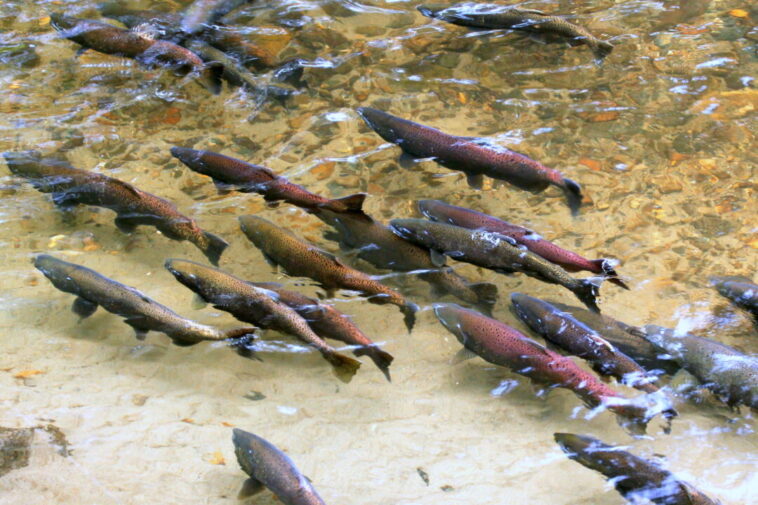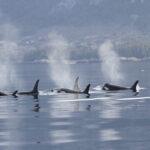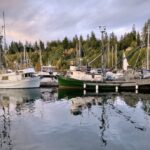The federal government has just announced $12 million in new funding to restore salmon habitats and declining fish stocks in six projects throughout BC as part of Fisheries and Oceans Canada’s Aquatic Ecosystems Restoration Fund (AERF). The largest amount will go to Nature Trust of BC, which will receive $5 million over the next five years to revitalize river estuaries and riparian habitats in the Salish Sea and North Vancouver Island.
“The Unwin Creek restoration project wakes up an important fish habitat that has been sleeping for over 70 years and is an important step in fulfilling our promise to future generations of continued access to wild salmon.”
Hegus John Hackett, Chief of Tla’amin Nation
$2.6 million of the AERF will go towards the Squamish River Watershed Society to restore Chinook salmon habitat within upper Howe Sound, while around $1.7 million is set to help the Tla’amin Nation Government and partners support Pacific salmon populations in the Unwin Creek watershed near Desolation Sound.
“The Unwin Creek restoration project wakes up an important fish habitat that has been sleeping for over 70 years and is an important step in fulfilling our promise to future generations of continued access to wild salmon,” said Hegus John Hackett, Chief Tla’amin Nation in a statement.
Another $1.5 million will go to the Comox Valley Project Watershed Society, who are restoring vital Pacific salmon habitats on eastern Vancouver Island, including tidal marshes, eelgrass beds, and kelp forests, across four different locations from Oyster River to Fanny Bay.
An additional $1 million is dedicated to a 67,000 square-metre kelp forest enhancement project along the Sunshine Coast in partnership with the British Columbia Conservation Foundation (BCCF) and the shíshálh and Tla’amin Nations. A final amount of approximately $300,000 will be distributed to the Skeena Knowledge Trust to create a registry of their salmon restoration projects in the Skeena River watershed and estuary.
“If we don’t have estuaries, there’s going to be a collapse of Pacific salmon stocks, and nobody wants that.”
Tim Reid, Nature Trust of BC
Earlier this month, West Coast Now interviewed Tim Reid of Nature Trust of BC about their Cowichan Estuary revitalization projects underway on Vancouver Island, the largest estuary restoration ever in the region. “If we don’t have estuaries, there’s going to be a collapse of Pacific salmon stocks, and nobody wants that,” Reid said about the vital importance of ensuring estuarine ecosystems thrive.
The new funds are part of the larger Oceans Protections Plan and come from the $75-million Aquatic Ecosystems Restoration Fund (AERF) created to “support aquatic restoration that will help to address the root causes of impacts to coastal and marine environments.”
This announcement comes after a landmark drought year, which has greatly impacted BC’s salmon populations. This summer, about 80% of BC rivers faced high to extreme drought conditions, which endangered many wild fish populations.
Salmon SWAT teams were dispatched all over the province by the conservationist organization Pacific Salmon Foundation, employing innovative solutions to save BC salmon in dried-up habitats. Meanwhile, Indigenous Nations from BC and Alaska, including the Tsimshian, Tlingit, and Haida Nations, declared a state of emergency for Pacific salmon’s struggling stocks.
As climate change intensifies, salmon runs, which are already facing challenges from fish farming, overfishing, and industrial activity, such as pipeline construction through precarious watersheds, are further put at risk.







